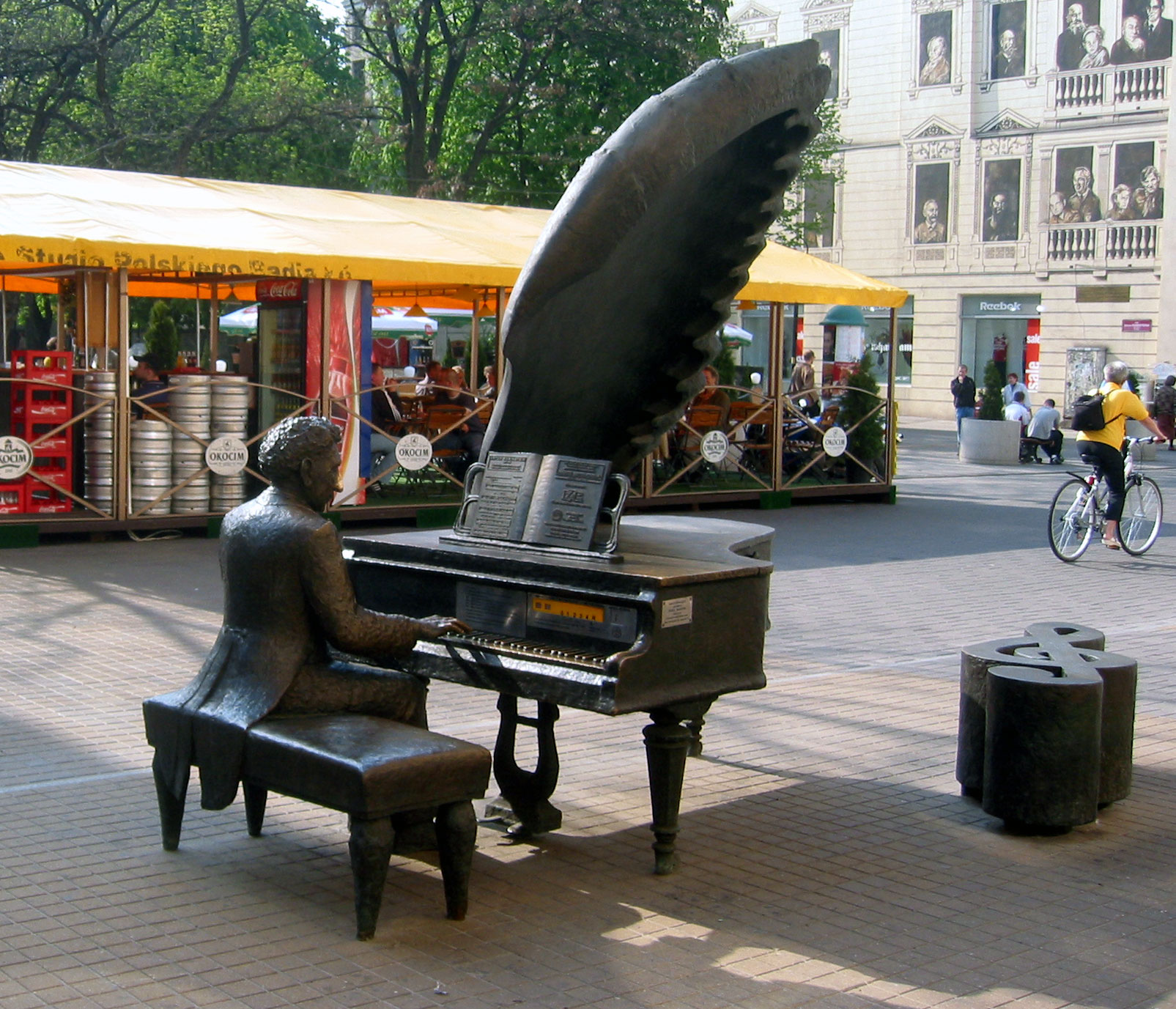
The adored maestro of the piano, Arthur Rubinstein, described, in a poignant vignette, how a lesson earned in adversity liberated his enormous love for life.
As a young man in Berlin, without money, barely enough food to live on, his bills unpaid and his credit used up, and no money to seek concert engagements, he was alone, cold, and hungry. His career had come to a stop.
As his only hope, he had written to a friend for financial help. After several weeks without a reply, Rubinstein despaired and decided on suicide.
However, the attempt to hang himself with the belt from his old worn-out bathrobe failed ludicrously when the belt broke and he crashed to the bathroom floor utterly disconsolate but unhurt. He cried bitterly for some time before crawling to his beloved piano where he played himself back to life.Feeling hungry, he decided to go out for something to eat. Once outside, he had a revelation or vision. Every mundane detail of his neighbourhood took on new meaning and became animated. Life appeared beautiful and worth living. His joust with death now caused him to feel reborn and a whole new set of values came to the surface of his mind. He had found the secret of happiness: in a phrase, “love life for better or worse, without conditions”.
In his mid-eighties, Rubinstein called himself the happiest person he had ever met simply because he had learned, on that fateful day in Berlin, to love life unconditionally. He points out that most people place the conditional “if” in front of their quest for happiness – “if” they were rich, or talented, or healthy, or loved by someone. But then happiness is never achieved because it is always conditional. Life, says Rubinstein, can take away our freedom, health, family, friends, success, but it cannot separate us from our thoughts or our imagination and the best things in life are free – nature, love, music, art, literature, and our capacity to be passionately interested in everything. And so, a great man’s conscious love of life was born on the saddest day of his life.
Our chances for victory in the face of life’s challenges (“false accusations”), depend chiefly upon our attitude. To love life unconditionally is to accept both the easy and the difficult with equal understanding and appreciation. The German poet Rilke said that “In the difficult are the friendly forces, the hands that work on us.” When we look upon a challenge with a smile of gratitude (sweet are the uses of adversity), the battle is nearly won. Learn to recall with gratitude the challenges of your life because they helped you become vigilant, resourceful, and self- disciplined. It is only through the realization of our shortcomings, illuminated by challenges, that we permit the possibilities of self-control to enhance our personal power.
